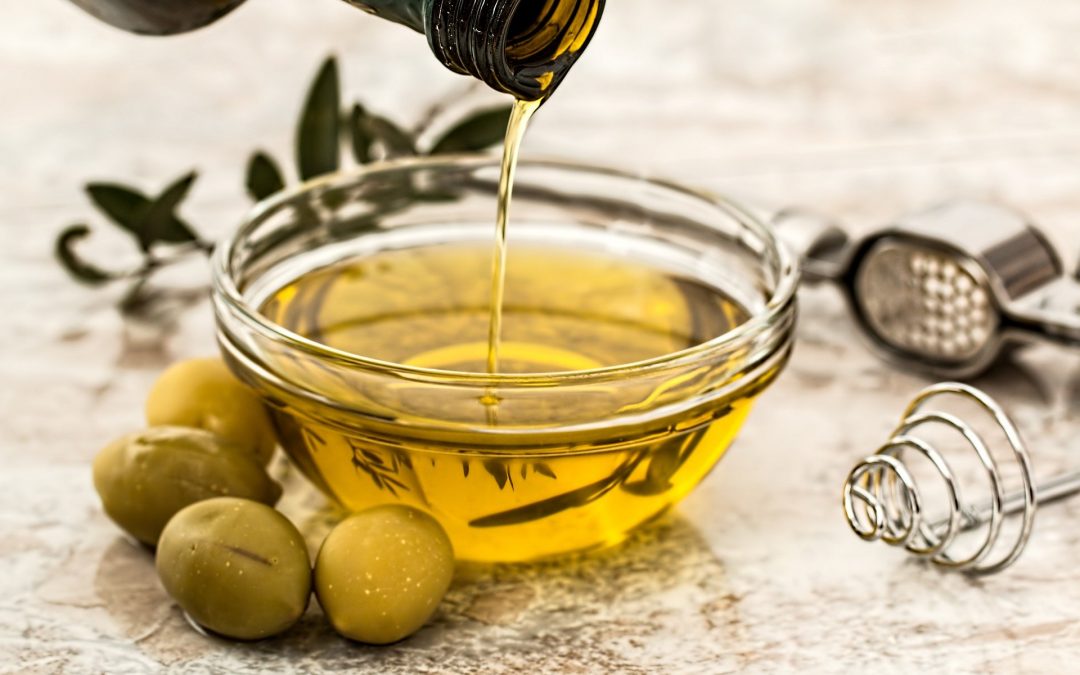Many of us have the notion that oil is generally unhealthy, but cooking oil is necessary for
many of the dishes we consume each day. In terms of healthiness, it solely depends on
what kind of oil you’re using. Many cooking oils on the market can actually be more
harmful to the health than others. Finding the best cooking oil that is best for the health
is a lot more complicated than it seems.
There are two factors we should keep in mind, the nutritional make-up of an oil or its
saturated fat and smoke point. The United States Department of Agriculture (USDA)
Dietary Guidelines for Americans recommends limiting saturated fat to less than 10
percent of our daily calorie intake, which narrows it down to choosing oils that are higher
in unsaturated fat instead. The right smoke point is the temperature at which an oil
starts burning and breaking down is also an important aspect, especially when cooking
at high heat.
Here we breakdown the cooking oils that made our list:
1. Avocado Oil
Avocado oil is a hard one to beat. This oil contains vitamin E, a fat-soluble
vitamin which works as an antioxidant and is rich in healthy
unsaturated/monounsaturated fats like oleic acid, it’s not just good for your
overall health but it also has a higher smoke point than oils that contain
polyunsaturated fats.
2. Extra-Virgin Olive Oil
Also rich in antioxidants and monounsaturated fats, extra-virgin olive oil is one
health oil as well. It doesn’t have the highest smoke point, but its antioxidants
resist oxidation. Extra-virgin olive oil is also generally healthier because it means
that the substance is not refined and is higher in quality. Because of its lower
smoke point, it is suggested that it is used for roasting or stewing instead of
higher-heat cooking like frying. It can also be used as a salad dressing and
added to other morning beverages.
3. Olive Oil
Olive oil, refined olive oil, or light olive oil is another healthy option. It is less
expensive and has a more neutral taste than its extra-virgin counterpart. Refined
olive oil does have less antioxidants, but because of this it has a higher smoke
point, which means this can be used for high-heat cooking such as frying.
4. Peanut Oil
Nut oils can be a fun way to experiment with oils in the kitchen and have a variety
available. It has one of the highest monounsaturated fat contents among cooking
oils, and can also be used for high-heat cooking because of its high smoke-point.
But the downside is that this contains a rather stronger flavor than any other oil
as well. This can be useful for recipes that may benefit from the peanut flavor,
but not for every dish. Plus, a significant number of people are actually allergic to
peanuts, so this is something to keep in mind.
5. Coconut Oil
Despite the heavy debate around coconut oil, it is still your best and healthiest
option to high-heat cooking as compared to other oils like canola. The fatty acids
that coconut oil contains are saturated, which makes for a higher smoke-point. It
is also particularly rich in Lauric Acid, which improves cholesterol levels and
helps kill bacteria. It can last for months on end and has a ton of health benefits
such as antibacterial and antifungal properties and can even improve digestion.
But even then, always keep in mind that this is to be consumed in moderation.
Coconut oils are pretty high in saturated fats which aren’t as harmful as saturated
fats that come from animals, but are generally harmful nonetheless.
There are also some oils that are not as good for cooking because of nutritional make-
up and smoke points, but can be used for a variety of other things.
6. Hazelnut/Walnut Oil
Another variety of nutty oils, these oils have a low smoke point which don’t make
them ideal but can be used in many other ways. They can even be used to make
syrup and be added to lattes and coffee. This oil also contains a good ratio of
omega-6 and omega-3 fatty acids, which helps with inflammation.
Despite popularity and familiarity, steer clear from the likes of vegetable oil, canola oil
and despite it not being directly threatening to your health, sunflower oil. Vegetable oils
tend to be more processed and actually burn at a lower temperature. This creates
carcinogens (which can be harmful to the health and is actually cancer-causing). Canola
oil, like vegetable oil, is also derived from natural ingredients but is very hard to find in
an unprocessed state. Both lack nutrients and flavor. Sunflower oil is rich in omega-6
fatty acids which can lead to inflammation, while not the worst oil, proceed with caution
or balance out with anti-inflammatory foods like those rich in omega-3 fatty acids
instead.


